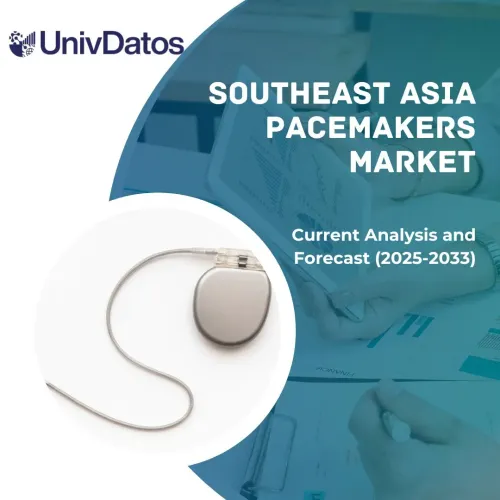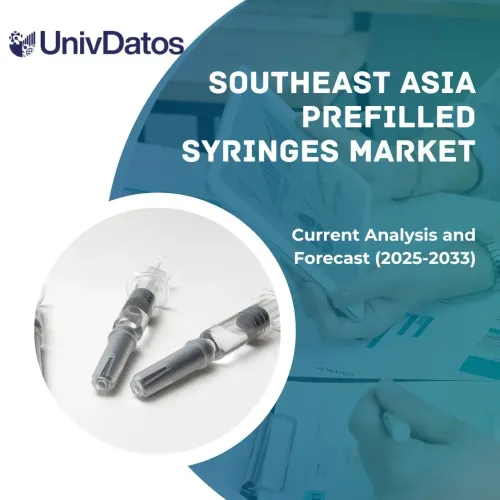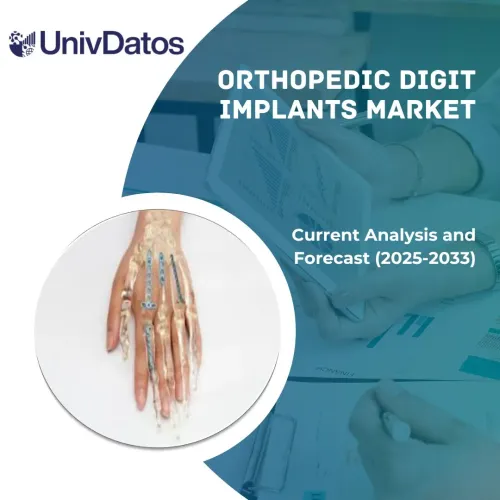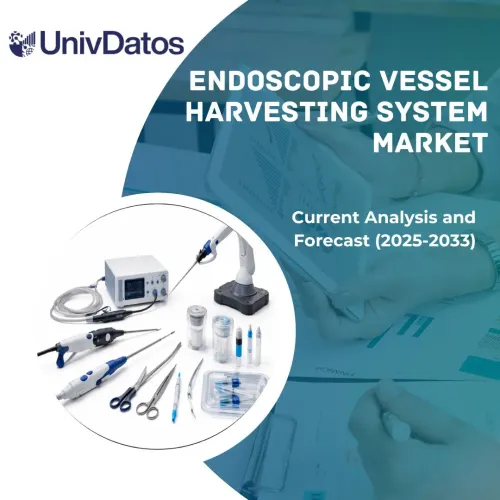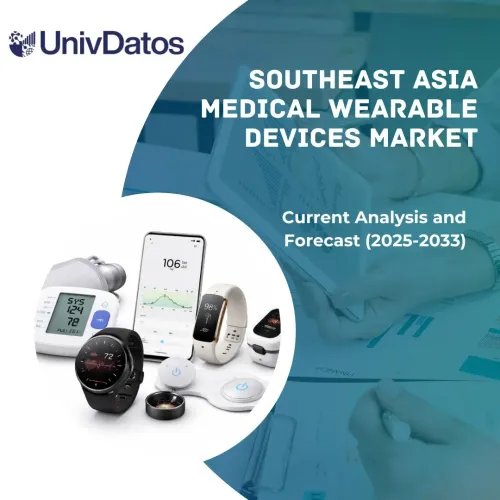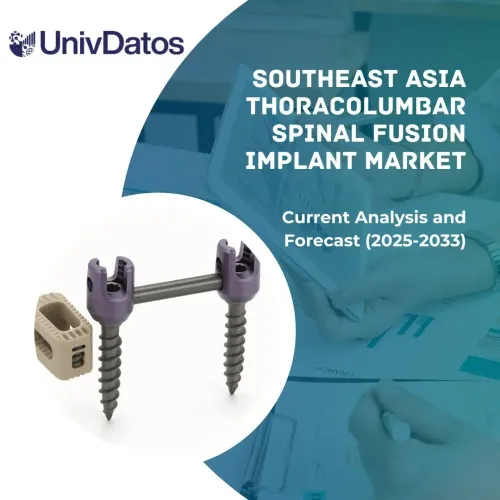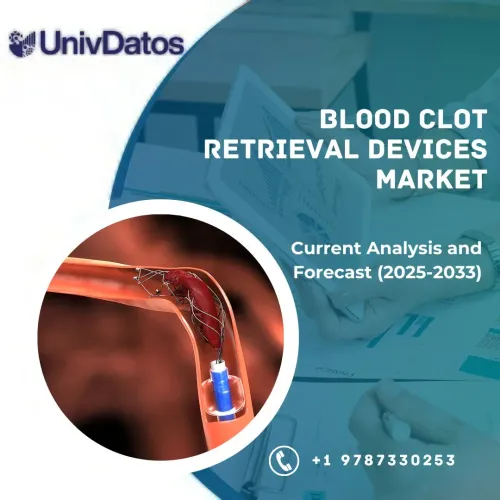- Home
- About Us
- Industry
- Services
- Reading
- Contact Us
Southeast Asia Surgical Robotics Market: Current Analysis and Forecast (2025-2033)
Emphasis on Product Type (Robotic Systems, Instruments and Accessories, and Services); Application (General Surgery, Urology Surgery, Gynecology Surgery, Orthopedic Surgery, Others); End User (Hospitals, Ambulatory Surgical Centers (ASCs), and Others); and Country.
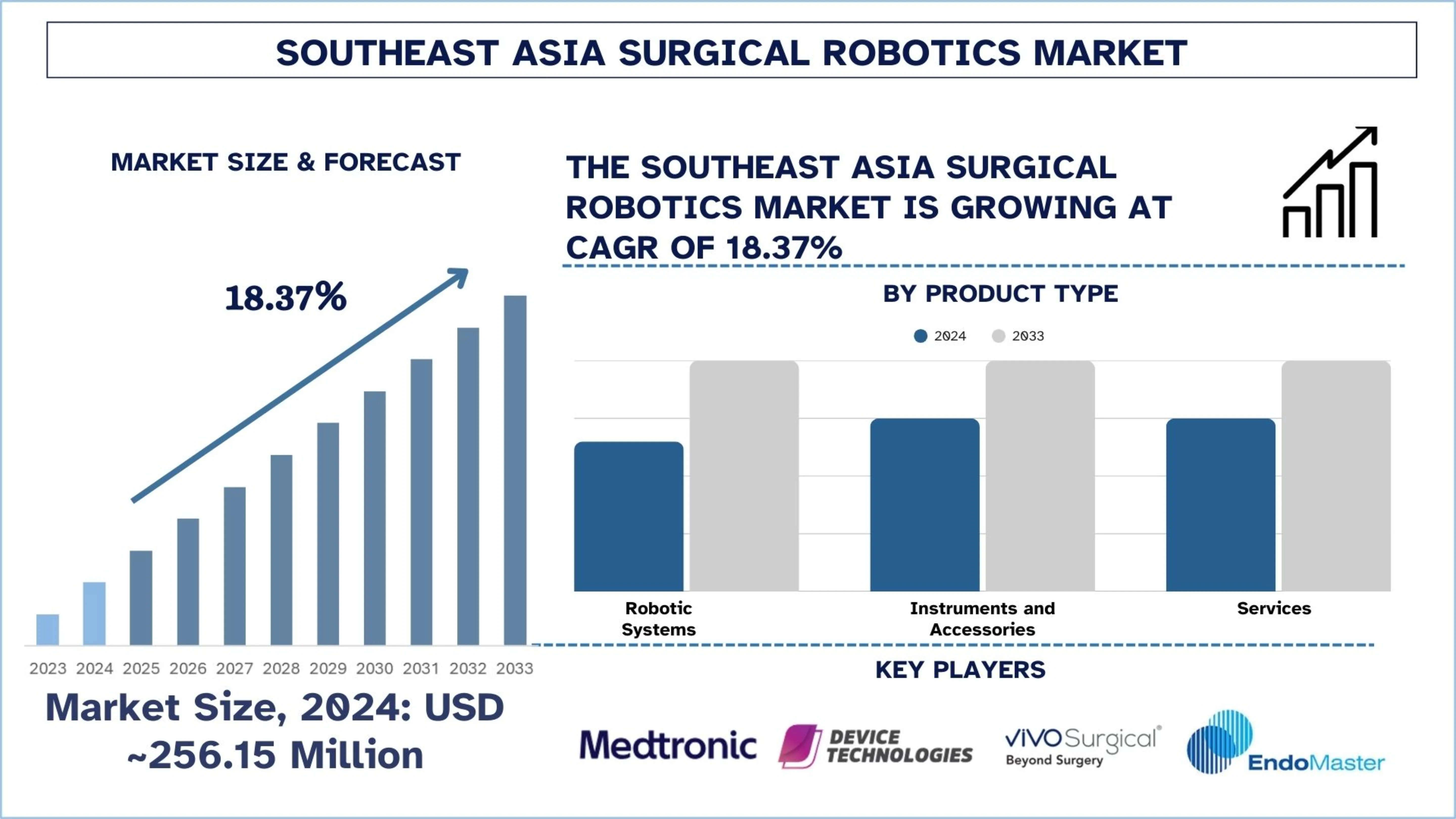
Southeast Asia Surgical Robotics Market Size & Forecast
The Southeast Asia Surgical Robotics Market was valued at USD 256.15 million in 2024 and is expected to grow at a strong CAGR of around 18.37% during the forecast period (2025-2033F), driven by rising demand for minimally invasive surgeries.
Southeast Asia Surgical Robotics Market Analysis
Surgical robotics refers to a subset of intelligent medical technologies in which robot platforms are used by physicians to carry out complex surgery with reduced incisions and blood loss, and faster recovery. These systems enhance the results of surgery and reduce risks to patients by integrating robotics with imaging and software.
The integration of surgical robots in Southeast Asia is gradually growing as surgical hospitals and centers seek better accuracy, efficiency, and patient outcomes. Major hospitals are at the forefront, and robotic systems are being integrated into general surgery, urology, gynecology, and orthopedic practices. Robotic solutions are also being implemented in ASCs due to the need to perform minimally invasive surgeries with a quicker recovery period. Moreover, international investment by companies such as Medtronic, Stryker, and Johnson & Johnson, as well as local innovators like EndoMaster and NDR Medical Technology, is enhancing availability and training. The increasing awareness of surgeons and patients, coupled with the government's favoring the modernization of healthcare, is enhancing the growth curve of the market across the region.
On February 12, 2025, Sysmex Corporation announced that the first robotic-assisted surgery in Malaysia using the "hinotori™ Surgical Robot System" ("hinotori™"), developed by Medicaroid Corporation, had been successfully performed at Mahkota Medical Centre, one of the largest and most comprehensive tertiary private hospitals in South Malaysia, which sees more than 300,000 local and international patients annually.
Southeast Asia Surgical Robotics Market Trends
This section discusses the key market trends that are influencing the various segments of the Southeast Asia Surgical Robotics market, as found by our team of research experts.
AI integration for surgical decision support
The integration of AI in surgical decision support is a new trend in the surgical robotics market in Southeast Asia. The combination of robotic accuracy with AI-artificial intelligence provides surgeons with real-time insights throughout a procedure, including the anatomy recognition and forecasting of complications. Additionally, this enhances the accuracy of the surgery and also prevents outcome variability, which is particularly essential in high-volume centers and medical tourism settings. The area hospitals are considering applying AI-enabled robotics to streamline workflow and training processes, enabling less skilled surgeons to deliver consistent results. With the changes in regulatory frameworks and the modernization of healthcare systems, AI-driven surgical decision-making will become one of the most common features of the next-generation robotic platform.
On Sep 5, 2024, Medtronic expanded its investment in Asia with the launch of its first Robotics Experience Studio in Southeast Asia (SEA). State-of-the-art facility based in Singapore aims to accelerate the adoption of Robotics and AI across Southeast Asia through training and education, improving access to new healthcare technologies, and delivering better care experiences across the region
Southeast Asia Surgical Robotics Industry Segmentation
This section provides an analysis of the key trends in each segment of the Southeast Asia Surgical Robotics market, along with forecasts at the country level for 2025-2033.
The robotic systems market dominated the market share in 2024.
Based on product type, the market is segmented into robotic systems, instruments and accessories, and services. Among these, the robotic systems market held the largest share in 2024 as hospitals invest in new robotic systems to improve surgical accuracy. Their use becomes the source of demand for complementary services and accessories, generating repeat revenue for businesses. Such a solid foundation of installations provides installers with long-term growth prospects both globally and regionally. The demand for surgical robots that support more precise procedures has been growing, and they are being utilized across a wide range of medical specialties. On November 6, 2024, Sysmex Corporation announced that the first overseas surgery (robot-assisted radical prostatectomy) using the "hinotori Surgical Robot System" (hinotori) was successfully performed at Singapore General Hospital.
The urology surgery market held a significant share in 2024.
Based on application, the Southeast Asian Surgical Robotics market is segmented into general surgery, urology surgery, gynecology surgery, orthopedic surgery, and others. Among these, the urology surgery market held a significant share in 2024. The surgical robotics in the area are primarily focused on urology surgery, where prostatectomies and kidney surgeries are the most sensitive to robotic accuracy. The ongoing high demand in this market is compelling hospitals to focus on robotic investments. This specialization also offers firms a consistent adoption channel even as they venture into other surgical fields. For example, on April 24, 2025, Southeast Asia etched its name into the annals of surgical history with the successful completion of the first-ever telesurgery on a human patient using the Mantra Surgical Robot. This monumental achievement not only marks a new era for the region but also sets the stage for a global shift toward accessible, precise, and remotely operated surgical procedures.
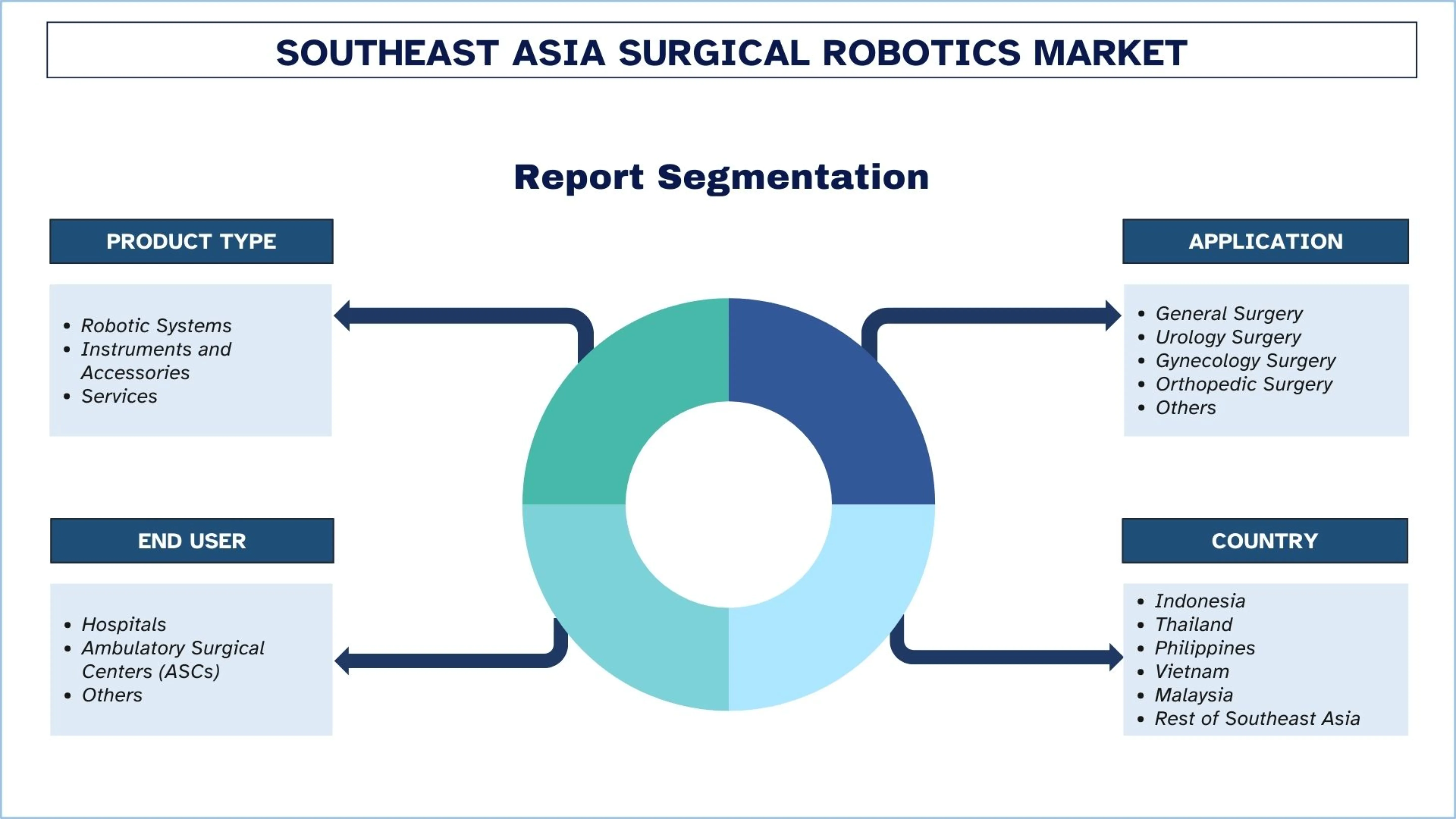
Thailand held a dominant share of the Southeast Asian surgical robotics market in 2024
Thailand led the market because of its well-developed medical tourism industry and early adoption of medical technologies. Most major private hospitals in Bangkok and other cities invest in robotic platforms to attract international patients, offering them access to high-quality, yet affordable, surgeries. Also, the adoption is further enhanced by the fact that the country is a medical hub and thus the standard market of surgical robotics in the region. Thailand offers scale and visibility to businesses, serving as a gateway to neighboring markets. On August 8, 2025, the Faculty of Medicine at Chiang Mai University launched Thailand's first robotic surgery system, marking a pioneering milestone for Southeast Asia and representing a combination of high-end medical technology with public healthcare.
The new robotic surgery system features a modular platform design that enables surgeons to work with exact robotic arms and provides real-time 3D visualization during procedures. This technology allows medical teams to work closely and consult seamlessly throughout operations. The system can also effectively reach complex anatomical areas while requiring only minimal incisions, resulting in reduced patient pain.
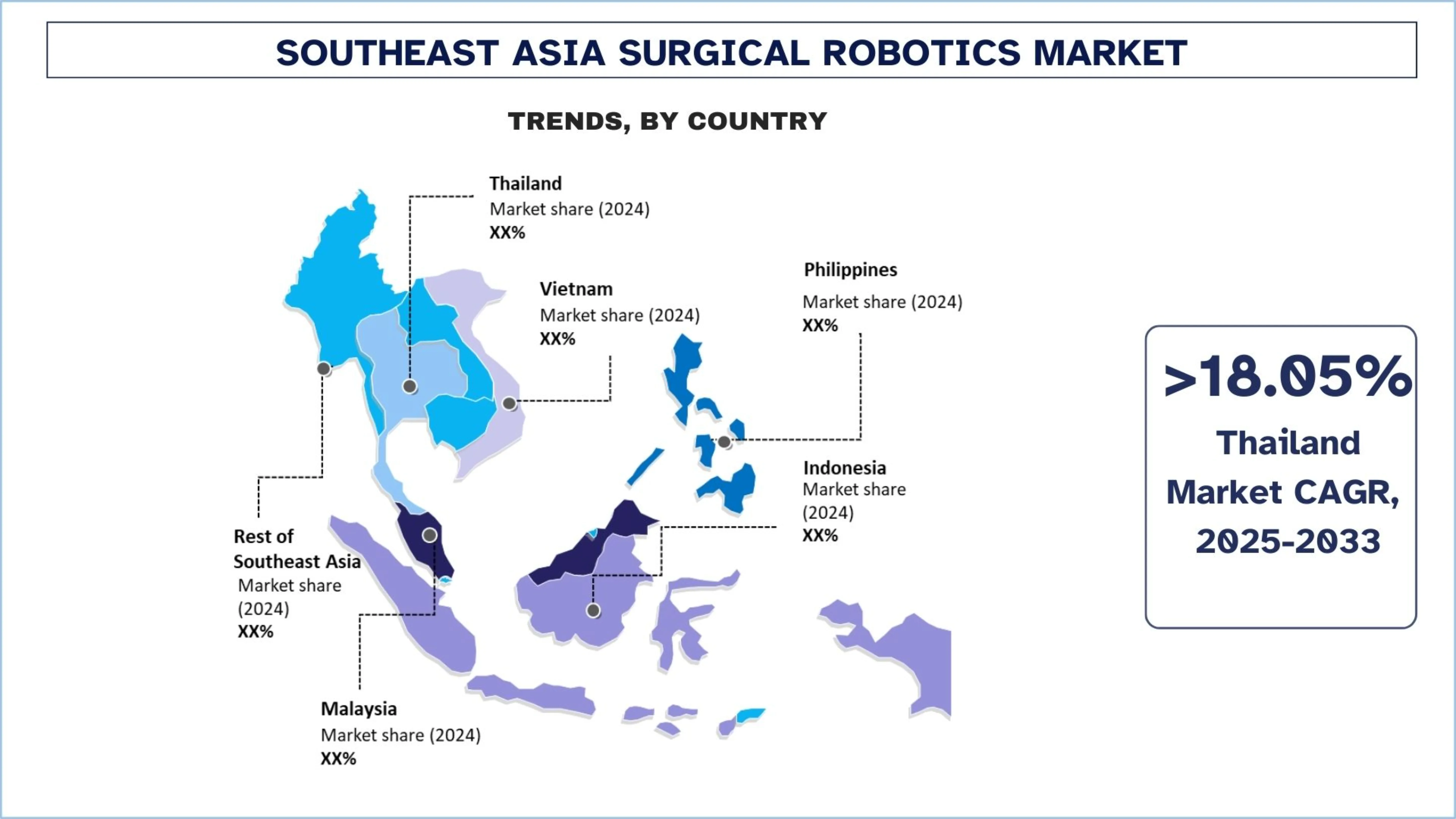
Southeast Asia Surgical Robotics Industry Competitive Landscape
The Southeast Asia Surgical Robotics market is competitive, with several global and international market players. The key players are adopting different growth strategies to enhance their market presence, such as partnerships, agreements, collaborations, new product launches, geographical expansions, and mergers and acquisitions.
Top Southeast Asia Surgical Robotics Companies
Some of the major players in the market are Medtronic, Device Technologies, Sysmex Corporation, Vivo Surgical Private Limited, Stryker, EndoMaster Pte Ltd, NDR Medical Technology, Medical Device Business Services, Inc. (Johnson & Johnson), SIIX-AGT MEDTECH PTE LTD. (SIIX Corporation), and Medicaroid Corporation.
Recent Developments in the Southeast Asia Surgical Robotics Market
On July 29, 2025, a major breakthrough in Vietnam's neurological treatment was achieved as doctors at Vinmec Central Park International Hospital successfully performed surgery on a 9-year-old boy with drug-resistant epilepsy, utilizing the AutoGuide™ robotic Guidance system for SEEG implantation.
On January 15, 2025, Southeast Asia's St. Luke's Medical Center launched the region's first robotic cardiac surgery program. This historic initiative was made possible through a collaborative effort between St. Luke's multidisciplinary team and the expert team from West Virginia University's (WVU) Heart and Vascular Institute, and a physician assistant. The program debuted with a series of innovative robotic-assisted cardiac procedures, showcasing the transformative potential of this advanced technology.
Southeast Asia Surgical Robotics Market Report Coverage
Report Attribute | Details |
Base year | 2024 |
Forecast period | 2025-2033 |
Growth momentum | Accelerate at a CAGR of 18.37% |
Market size 2024 | USD 256.15 Million |
Country analysis | Indonesia, Thailand, Philippines, Vietnam, Malaysia, Rest of Southeast Asia |
Major contributing Country | Vietnam is expected to grow at the highest CAGR during the forecasted period. |
Companies profiled | Medtronic, Device Technologies, Sysmex Corporation, Vivo Surgical Private Limited, Stryker, EndoMaster Pte Ltd, NDR Medical Technology, Medical Device Business Services, Inc. (Johnson & Johnson), SIIX-AGT MEDTECH PTE LTD. (SIIX Corporation), Medicaroid Corporation. |
Report Scope | Market Trends, Drivers, and Restraints; Revenue Estimation and Forecast; Segmentation Analysis; Demand and Supply Side Analysis; Competitive Landscape; Company Profiling |
Segments Covered | By Product type, By Application, By End User, and By Country |
Reasons to Buy the Southeast Asia Surgical Robotics Market Report:
The study includes market sizing and forecasting analysis confirmed by authenticated key industry experts.
The report briefly reviews overall industry performance at a glance.
The report covers an in-depth analysis of prominent industry peers, primarily focusing on key business financials, product portfolios, expansion strategies, and recent developments.
Detailed examination of drivers, restraints, key trends, and opportunities prevailing in the industry.
The study comprehensively covers the market across different segments.
Customization Options:
The Southeast Asia Surgical Robotics market can further be customized as per requirements or any other market segment. Besides this, UnivDatos understands that you may have your own business needs; hence, feel free to contact us to get a report that completely suits your requirements.
Table of Content
Research Methodology for the Southeast Asia Surgical Robotics Market Analysis (2023-2033)
We analyzed the historical market, estimated the current market, and forecasted the future market of the Southeast Asian Surgical Robotics market to assess its application in major countries. We conducted exhaustive secondary research to gather historical market data and estimate the current market size. To validate these insights, we carefully reviewed numerous findings and assumptions. Additionally, we conducted in-depth primary interviews with industry experts across the Southeast Asian Surgical Robotics value chain. After validating market figures through these interviews, we used both top-down and bottom-up approaches to forecast the overall market size. We then employed market breakdown and data triangulation methods to estimate and analyze the market size of industry segments and sub-segments.
Market Engineering
We employed the data triangulation technique to finalize the overall market estimation and derive precise statistical numbers for each segment and sub-segment of the Southeast Asia Surgical Robotics market. We split the data into several segments and sub-segments by analyzing various parameters and trends, including product type, application, end user, and country within the Southeast Asian Surgical Robotics market.
The Main Objective of the Southeast Asia Surgical Robotics Market Study
The study identifies current and future trends in the Southeast Asia Surgical Robotics market, providing strategic insights for investors. It highlights market attractiveness, enabling industry participants to tap into untapped markets and gain a first-mover advantage. Other quantitative goals of the studies include:
Market Size Analysis: Assess the current and forecast market size of the Southeast Asia Surgical Robotics market and its segments in terms of value (USD).
Southeast Asia Surgical Robotics Market Segmentation: Segments in the study include areas of product type, application, end user, and country.
Regulatory Framework & Value Chain Analysis: Examine the regulatory framework, value chain, customer behavior, and competitive landscape of the Southeast Asia Surgical Robotics industry.
Country Analysis: Conduct a detailed country analysis for key areas such as Indonesia, Thailand, the Philippines, Vietnam, Malaysia, and the Rest of Southeast Asia.
Company Profiles & Growth Strategies: Company profiles of the Southeast Asia Surgical Robotics market and the growth strategies adopted by the market players to sustain in the fast-growing market.
Frequently Asked Questions FAQs
Q1: What is the Southeast Asia Surgical Robotics market’s current market size and growth potential?
The Southeast Asia Surgical Robotics market was valued at USD 256.15 million in 2024 and is projected to expand at a CAGR of 18.37% from 2025 to 2033, reaching multi-billion-dollar potential by the end of the forecast period. Rising demand for minimally invasive surgeries, strong medical tourism, and growing hospital investments are fueling this rapid growth.
Q2: Which segment has the largest share of the Southeast Asia Surgical Robotics market by product type?
Robotic Systems dominate the Southeast Asia Surgical Robotics market due to high hospital adoption for advanced procedures. However, the Services segment is expected to record the fastest growth, driven by demand for training, maintenance, and software upgrades as robotic installations expand.
Q3: What are the driving factors for the growth of the Southeast Asia Surgical Robotics market?
Key growth drivers include the rising preference for minimally invasive surgeries, rapid expansion of private hospitals, growth of medical tourism hubs such as Thailand and Singapore, supportive healthcare investments, and technological advancements like AI integration and compact robotic platforms.
Q4: What are the emerging technologies and trends in the Southeast Asia Surgical Robotics market?
Emerging trends include AI-driven surgical decision support, modular and compact robotic platforms for mid-sized hospitals, integration of imaging and navigation systems, and partnerships between global OEMs and local distributors. These advancements are making robotics more accessible and cost-effective across the region.
Q5: What are the key challenges in the Southeast Asia Surgical Robotics market?
The main challenges are high upfront capital costs for robotic systems, lack of uniform reimbursement policies, shortage of trained surgeons, and slow adoption among smaller hospitals. These barriers limit penetration in cost-sensitive markets, though affordable innovations are starting to bridge the gap.
Q6: Which country dominates the Southeast Asia Surgical Robotics market?
Thailand dominates the market due to its strong private healthcare sector, advanced hospitals, and reputation as a global medical tourism hub. Meanwhile, Vietnam is the fastest-growing market, supported by healthcare modernization programs and increasing private hospital investments.
Q7: Who are the key players in the Southeast Asia Surgical Robotics market?
Leading companies in the Southeast Asia Surgical Robotics market include:
• Medtronic
• Device Technologies
• Sysmex Corporation
• Vivo Surgical Private Limited
• Stryker
• EndoMaster Pte Ltd
• NDR Medical Technology
• Medical Device Business Services, Inc. (Johnson & Johnson)
• SIIX-AGT MEDTECH PTE LTD. (SIIX Corporation)
• Medicaroid Corporation
Q8: What are the investment opportunities in the Southeast Asia Surgical Robotics market?
Investors see strong opportunities in the Southeast Asia Surgical Robotics market due to rising healthcare infrastructure spending, the growing popularity of minimally invasive procedures, and increasing government-private sector collaborations. Early investment in Vietnam, Indonesia, and the Philippines offers high growth potential as these countries accelerate hospital modernization.
Q9: How are hospitals and Ambulatory Surgical Centers (ASCs) adopting surgical robotics in Southeast Asia?
Hospitals remain the dominant adopters of robotic systems due to their budgets and advanced infrastructure. However, Ambulatory Surgical Centers (ASCs) are the fastest-growing adopters, leveraging compact and modular robotic platforms to deliver cost-effective procedures. This shift creates significant growth opportunities for companies targeting mid-tier healthcare facilities.
Related Reports
Customers who bought this item also bought

